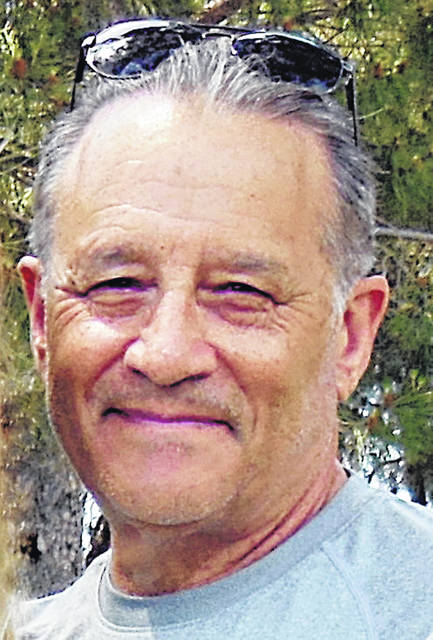
Angels of the battlefield. Many of us are familiar with the wartime heroics of the likes of Clara Barton, Mary Seacole, Florence Nightingale and Robert Bush. These nurses and medics stepped into hazardous and life-threatening situations to take care of the sick and battlefield wounded.
In these extraordinary pandemic times, when a mysterious virus of largely unknown consequences jumped from animal (or lab) to humans, hospitals and care facilities were inundated by people with ill-defined symptoms, life-threatening physiology, and unknown infection susceptibility.
What was our only immediate line of defense? It was these same health care professionals who manned their stations from the start in this perilous health care crisis. As doctor Anthony Fauci once claimed, “We rightfully refer to these people without hyperbole as true heroes and heroines… putting themselves in harm’s way by living up to the oath they take when they become physicians and nurses.”
Imagine going to work as the viral pandemic was unfolding, not knowing but suspecting if just being around the sick would infect you, then infect your family, without knowing the short- and long-term health consequences, but simultaneously seeing an immediate need to put many of those infected on ventilators to keep them alive, returning day after day to tend to those infected. As quarantining and isolation became the norm, these same angels of mercy became ministers of hospice, holding the hands of the dying when family members could not be present.
COVID-19 has not been a one-and-done pathogen. Viral mutations and the impatient behavior of those anxious to be rid of this implacable virus fueled wave after wave of infections giving little relief to the tiring efforts of these medical heroes and heroines. Christopher Reeves once said that “heroes are ordinary individuals who find the strength to persevere and endure in spite of overwhelming obstacles.”
According to Kaiser Health News (KTN), the US government has not comprehensively tracked the infection and death rates of U.S. health care workers. However, KTN has made a serious effort using data from hospitals, obituaries and other public data sources, estimating that close to 4,000 nurses, doctors and other medical support staff, including nursing home employees, have perished in the past 12 months in the line of duty.
We have a noble tradition of recognizing and honoring the sacrifices made in the cause of our nation’s welfare and security. On the mall of our nation’s capital, we recognize courage taken to protect our nation and its people by erecting monuments to exemplify their courage, their bravery in the throes of national or international crises. If ever there was just cause to erect a monument recognizing bravery, it would be to acknowledge the valor of these soldiers of health care, who in the midst of this terrible pandemic stepped into the danger zone and saved tens of thousands of lives.
And for these nurses and doctors who gave solace to the gravely ill and dying, Eleanor Roosevelt said it best. “The brave soul can mend even disaster.”
It’s time for a new monument in Washington, D.C.
Bill Sims is a Hillsboro resident, retired president of the Denver Council on Foreign Relations, an author and runs a small farm in Berrysville with his wife. He is a former educator, executive and foundation president.


